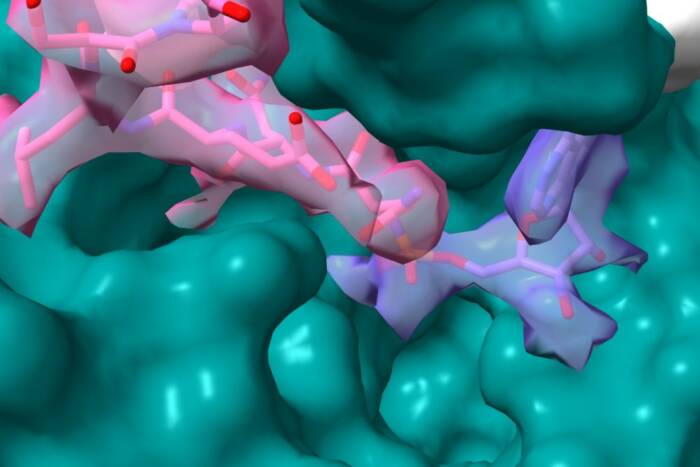Leptin "Replacement Therapy" Study in Obese Women Begins
The weight-regulating hormone leptin will be given to obese women in a new study at The Rockefeller University Hospital in New York City to test the effects of the treatment on weight loss.
Leptin is a hormone that plays an important role in regulating food intake and body weight. In a new study, Dr. Sagit Zolotov of The Rockefeller University will assess whether leptin “replacement therapy” accelerates weight loss during a low-calorie diet. The study will also assess whether leptin reduces the side effects of the low-calorie diet. These hypotheses have already been tested in non-human studies and yielded some encouraging results.
“We know that when a person diets, leptin concentration in the blood is reduced. Low leptin levels cause the body to go through changes that reduce the rate at which the body burns its calories,” says Zolotov.
Since the brain may interpret low leptin levels in dieting people as a sign that not enough fat is being stored by the body, it signals the body’s metabolism to slow and for the appetite to increase. Differences in the amount and rate of leptin produced, and resistance to leptin at the places in the brain that receives its signal, or a combination of these factors, could explain the classic scenario:
Why can two healthy people eat the same foods and be physically active while, at the same time, one of them will lose weight and the other will gain weight?
Adding leptin to the body when the hormone amount drops may prevent slowed metabolism, and result in an increased rate of weight loss.
Dr. Zolotov works in the Laboratory of Molecular Genetics at Rockefeller University, headed by Marilyn M. Simpson Professor and Howard Hughes Medical Institute Investigator Jeffrey Friedman. Dr. Friedman discovered leptin (so named for the Greek word “leptos,” or thin) and the human gene that is responsible for it in 1994. He studies the hormone along with the neurobiological and other hormonal processes that regulate body weight.
Obesity is usually defined as having a body mass index of 30 or greater–or at least 30 percent above one’s ideal weight. Body mass index is a measurement that gauges a person’s weight in relation to their height to determine total body fat. Recent federal estimates indicate that 55 percent of American adults, or 97 million, are either overweight or obese. Obesity is a growing problem every year in the United States. Health risks such as increased propensity to heart disease, diabetes and high blood pressure are associated with being overweight.
The new study lasts approximately 20 weeks. During the first nine weeks volunteers must stay at the Rockefeller University Hospital, but may be approved to go to school or work by study investigators. Participants will be placed on a free, supervised low-calorie diet for the entire duration of the study. They will also be provided with either leptin or a placebo drug treatment while dieting. Study participants will also meet with a hospital social worker to reinforce the importance of appropriate exercise, problem-solving skills and social support in any weight loss program.
For the study the research team will recruit women aged 20 to 40 years old that are obese (with a body mass index between 29 and 40) and otherwise healthy. People interested in enrolling should call 1-800-782-2737 or E-mail obesity@mail.rockefeller.edu. All participant information is kept strictly confidential.
The Rockefeller University Hospital was the first medical institution in the U.S. devoted solely to the purpose of patient-oriented clinical research. Established in 1910, the hospital links laboratory investigations with bedside observations to provide a scientific basis for disease detection, prevention and treatment. The hospital is a New York State licensed facility and is accredited by the Joint Commission on Accreditation of Healthcare Organizations (JCAHO). The hospital is supported in part by a General Clinical Research Center grant from the National Center for Research Resources at the National Institutes of Health.


